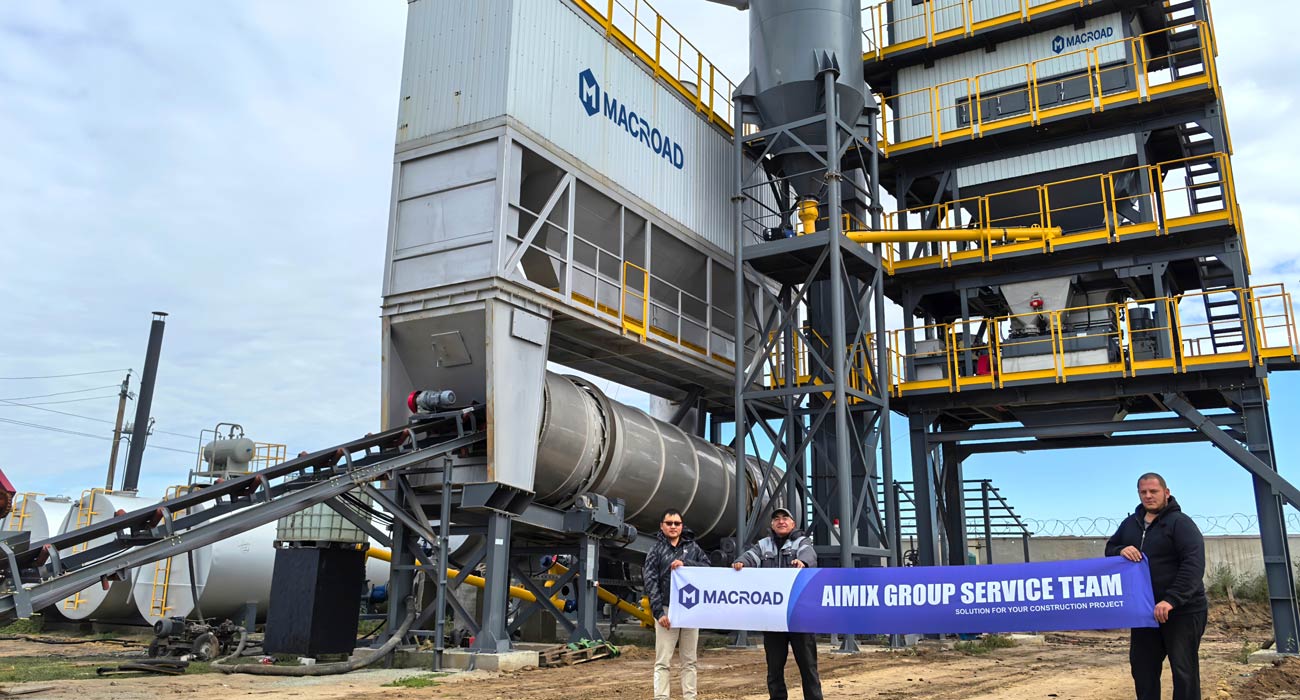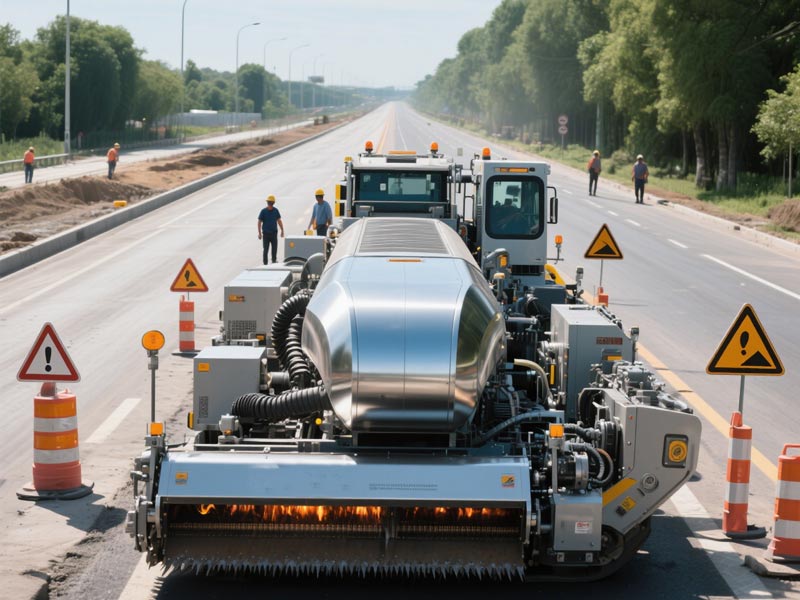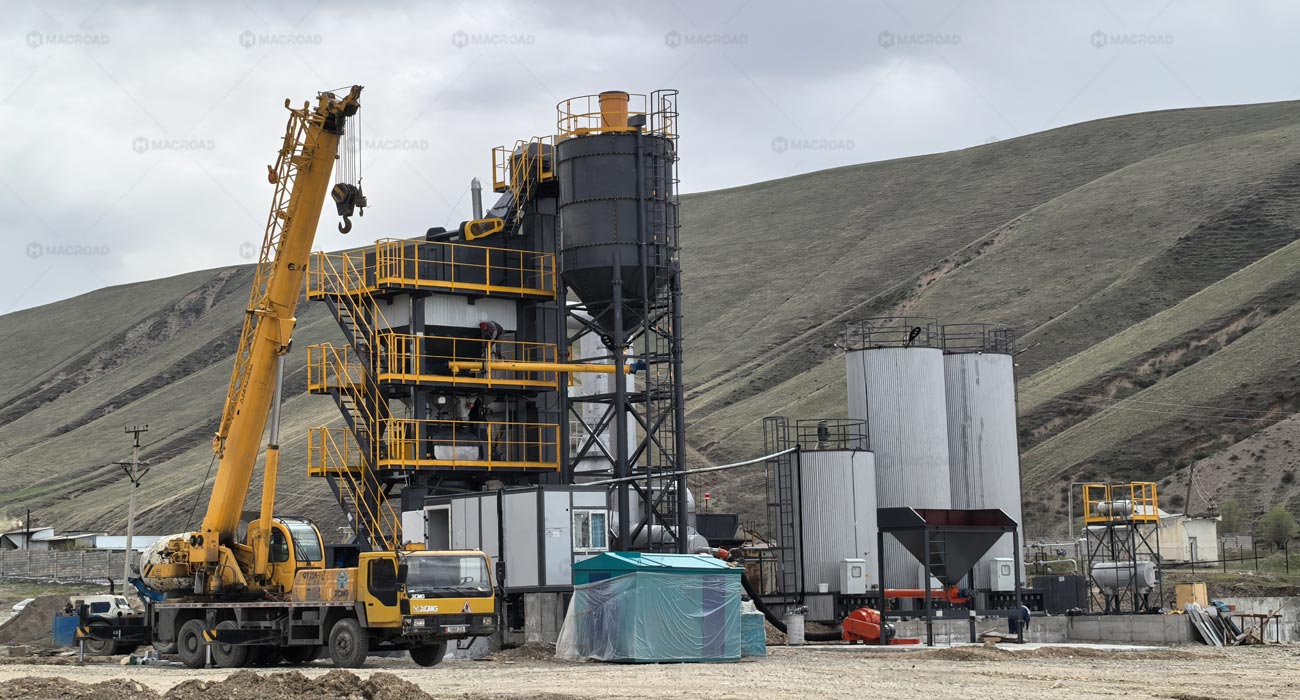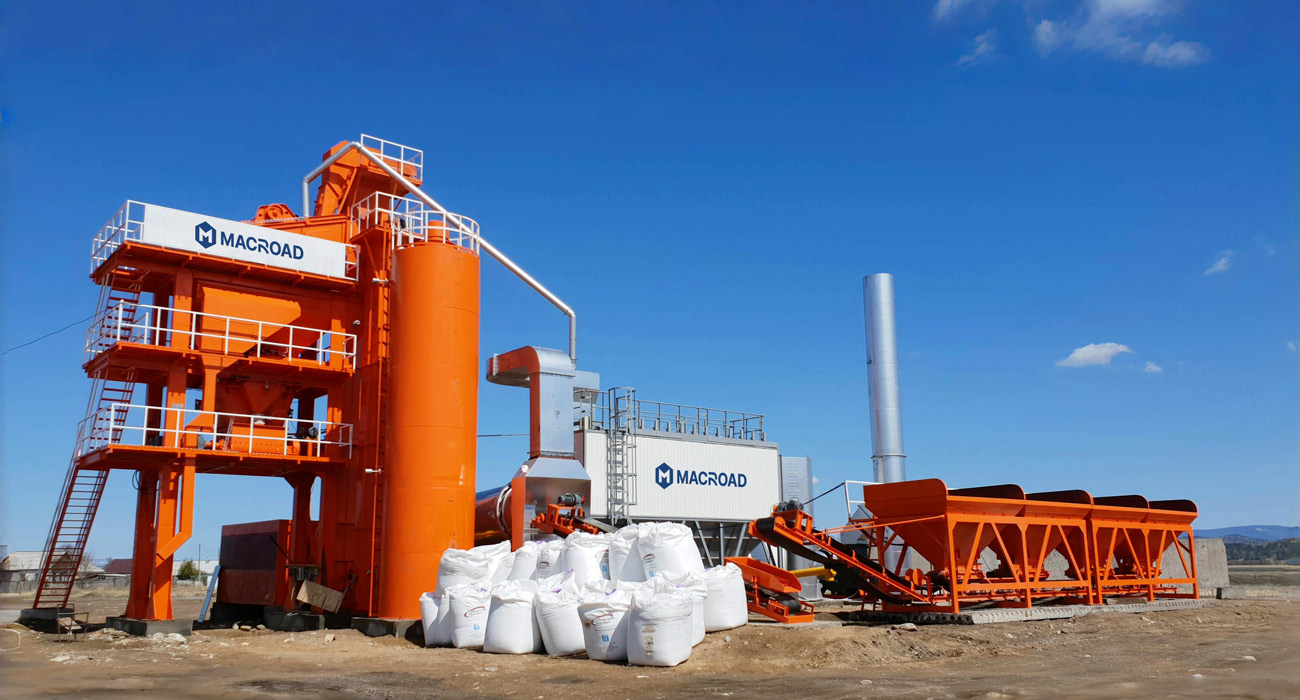2
0
0
Technical Modifications for Asphalt Plants to Process Recycled Asphalt
2
0
To efficiently process recycled asphalt, asphalt plants must undergo specific technical modifications. These changes are essential for maximizing the performance of recycled materials while ensuring quality and meeting industry standards. This article will explore necessary upgrades, such as mixing system enhancements and temperature control adjustments, as well as strategies for ensuring compatibility with varying proportions of recycled materials.

Upgrading the Mixing System
One of the first technical modifications that an asphalt plant should consider is upgrading the mixing system. The integration of advanced mixers that can accommodate recycled asphalt is critical. Traditional mixing systems may struggle to achieve the uniform consistency needed when incorporating recycled materials, leading to compromised asphalt quality.
The upgrade could involve installing high-efficiency mixers designed to handle both virgin and recycled asphalt. These mixers are capable of evenly distributing recycled materials throughout the mix, ensuring consistent performance. Additionally, retrofitting the mixing components with features that enhance the blending of different materials can significantly improve the final product's quality, providing better adhesion and durability.

Adjusting Temperature Control
Temperature control is another vital aspect that requires modification when processing recycled asphalt. Recycled materials often have different thermal properties than virgin materials, which can affect the overall mix temperature and consequently the quality of the asphalt produced.
An asphalt plant should equip itself with sophisticated temperature monitoring and control systems. These systems can ensure that the recycled asphalt is heated to the optimum temperature for effective mixing and performance. Adjusting the heating elements or the overall production process to accommodate the thermal characteristics of recycled asphalt will help optimize the mixing environment, ensuring that the resulting asphalt maintains its quality and performance standards.

Ensuring Compatibility with Different Proportions of Recycled Materials
When processing recycled asphalt, it is crucial to ensure compatibility with various proportions of recycled materials. This requires careful consideration of the mix design to adjust the formulation appropriately. Asphalt plants need to implement flexible mixing capabilities that allow for changes in the percentage of recycled materials used in the asphalt mix.
To facilitate this compatibility, asphalt plants can employ software solutions that model and predict how different material ratios will perform. These tools can assist operators in adjusting the mix formulation as needed, ensuring that each batch consists of a balanced mix that meets necessary specifications. Performing regular quality tests during the mixing process can help verify that adjustments yield the desired outcomes, allowing for effective monitoring and quality assurance.

Training and Staff Expertise
Technical modifications alone are not sufficient to ensure the successful processing of recycled asphalt; staff training and expertise are equally important. Operators must be well-trained in the new technology and systems implemented in the asphalt plant. Comprehensive training programs should focus on handling recycled materials, adjustments to mixing techniques, and the importance of monitoring temperature controls.
By equipping personnel with the necessary knowledge and skills, asphalt plants can ensure that they operate efficiently and effectively when processing recycled asphalt. Continuous education about industry best practices will further enhance the plant’s capability to manage various materials, reduce waste, and produce high-quality asphalt while promoting sustainable production methods.
Conclusion
In conclusion, processing recycled asphalt requires specific technical modifications within an asphalt plant. Upgrading the mixing system, adjusting temperature control, and ensuring compatibility with different proportions of recycled materials are critical steps for successful implementation. Training staff to navigate these changes effectively ensures that the asphalt plant meets quality standards while promoting sustainable practices in asphalt production. By embracing these modifications, asphalt plants can positively impact both the environment and their operational efficiency, positioning themselves as leaders in the evolving asphalt industry.

Upgrading the Mixing System
One of the first technical modifications that an asphalt plant should consider is upgrading the mixing system. The integration of advanced mixers that can accommodate recycled asphalt is critical. Traditional mixing systems may struggle to achieve the uniform consistency needed when incorporating recycled materials, leading to compromised asphalt quality.
The upgrade could involve installing high-efficiency mixers designed to handle both virgin and recycled asphalt. These mixers are capable of evenly distributing recycled materials throughout the mix, ensuring consistent performance. Additionally, retrofitting the mixing components with features that enhance the blending of different materials can significantly improve the final product's quality, providing better adhesion and durability.

Adjusting Temperature Control
Temperature control is another vital aspect that requires modification when processing recycled asphalt. Recycled materials often have different thermal properties than virgin materials, which can affect the overall mix temperature and consequently the quality of the asphalt produced.
An asphalt plant should equip itself with sophisticated temperature monitoring and control systems. These systems can ensure that the recycled asphalt is heated to the optimum temperature for effective mixing and performance. Adjusting the heating elements or the overall production process to accommodate the thermal characteristics of recycled asphalt will help optimize the mixing environment, ensuring that the resulting asphalt maintains its quality and performance standards.

Ensuring Compatibility with Different Proportions of Recycled Materials
When processing recycled asphalt, it is crucial to ensure compatibility with various proportions of recycled materials. This requires careful consideration of the mix design to adjust the formulation appropriately. Asphalt plants need to implement flexible mixing capabilities that allow for changes in the percentage of recycled materials used in the asphalt mix.
To facilitate this compatibility, asphalt plants can employ software solutions that model and predict how different material ratios will perform. These tools can assist operators in adjusting the mix formulation as needed, ensuring that each batch consists of a balanced mix that meets necessary specifications. Performing regular quality tests during the mixing process can help verify that adjustments yield the desired outcomes, allowing for effective monitoring and quality assurance.

Training and Staff Expertise
Technical modifications alone are not sufficient to ensure the successful processing of recycled asphalt; staff training and expertise are equally important. Operators must be well-trained in the new technology and systems implemented in the asphalt plant. Comprehensive training programs should focus on handling recycled materials, adjustments to mixing techniques, and the importance of monitoring temperature controls.
By equipping personnel with the necessary knowledge and skills, asphalt plants can ensure that they operate efficiently and effectively when processing recycled asphalt. Continuous education about industry best practices will further enhance the plant’s capability to manage various materials, reduce waste, and produce high-quality asphalt while promoting sustainable production methods.
Conclusion
In conclusion, processing recycled asphalt requires specific technical modifications within an asphalt plant. Upgrading the mixing system, adjusting temperature control, and ensuring compatibility with different proportions of recycled materials are critical steps for successful implementation. Training staff to navigate these changes effectively ensures that the asphalt plant meets quality standards while promoting sustainable practices in asphalt production. By embracing these modifications, asphalt plants can positively impact both the environment and their operational efficiency, positioning themselves as leaders in the evolving asphalt industry.